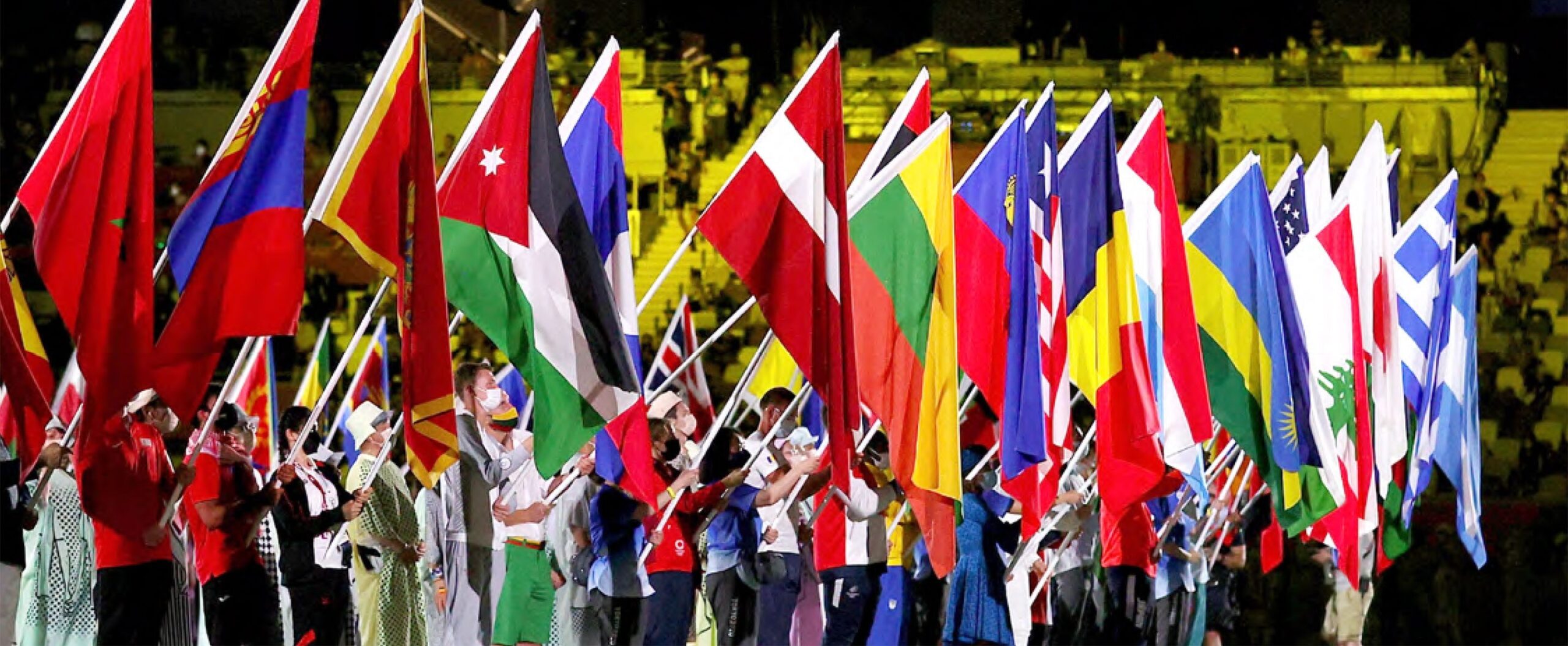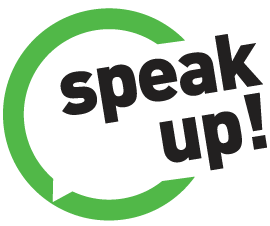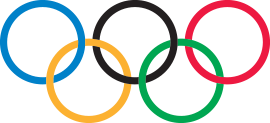
The International Olympic Committee (IOC)’s Strategic Framework on Human Rights was approved today by the IOC Executive Board (EB). The Framework will fundamentally shape the working practices of the IOC, the Olympic Games and the Olympic Movement, ensuring that human rights are respected within their respective remits.
In line with Olympic Agenda 2020+5, the IOC Strategic Framework on Human Rights covers and provides specific action plans for each of the IOC’s three spheres of activity: the IOC as an organisation, as owner of the Olympic Games, and as leader of the Olympic Movement.
This new strengthened approach will inform processes and decisions related to the IOC administration and supply chain, the selection of future Olympic Games hosts and the delivery of the Olympic Games, as well as athletes’ representation, and safe and inclusive sport.
The Framework builds on the work undertaken over the last few years by the IOC to address human rights questions within the scope of its responsibility, and recent recommendations from experts. It expands on the key principles that were presented to the 139th IOC Session on 4 May 2022.
The Framework builds on the recommendations produced in March 2020 by Prince Zeid Ra’ad Al Hussein, former United Nations (UN) High Commissioner for Human Rights, and Rachel Davis, Vice-President and Co-Founder of Shift, the centre of expertise on the UN’s Guiding Principles on Business and Human Rights (UNGPs).Key outcomes of this consultation with experts were to date the establishment of an IOC Human Rights Unit in March 2021 and the release of the IOC Framework on Fairness, Inclusion and Non-Discrimination on the Basis of Gender Identity and Sex Variations in November 2021.
“The overarching mission of the Olympic Movement is to contribute through sport to a better world. Human rights are in fact firmly anchored in the Olympic Charter. We will be strengthening this even further in the future. Our mission, to put sport at the service of humankind, therefore goes hand-in-hand with human rights,” IOC President Thomas Bach said. He continued: “I want to thank Prince Zeid Ra’ad Al Hussein and Rachel Davis for their work. They built the basis for this Strategic Framework on Human Rights for the Olympic Movement.”
Welcoming the IOC’s announcement, Prince Zeid and Rachel Davis said: “Shift welcomes the IOC’s public commitment to the UN Guiding Principles on Business and Human Rights, announced today in its new Strategic Framework on Human Rights. This is a significant step for the organisation, and it also sets an important precedent for all sports bodies across the Olympic Movement. As the organisation moves forward, new approaches will be needed to effectively address some of the most severe impacts facing athletes today, including harassment and abuse, voice and representation, and the need for greater access to remedy – informed by the perspectives of those directly affected. We look forward to working alongside other stakeholders to support the IOC to meet its responsibility to respect human rights in practice.”
Clear objectives and timeframe
With the approval of the Strategic Framework on Human Rights, the IOC ensures that people’s rights are put at the core of its operations and are respected in line with international agreements and standards – within its remit.
To achieve this, the IOC has defined strategic intents for 2030 for each of its spheres of responsibility:
- IOC as an organisation: The IOC is continuously advancing respect for human rights across its operations, through enhanced policies and practices.
- IOC as owner of the Olympic Games: The IOC is driving human rights best practices in the selection of Future Olympic Games Hosts, and in the organisation and delivery of the Olympic Games, working together with the Organising Committees, within their remit, and providing them with clear requirements and supporting tools.
- IOC as leader of the Olympic Movement: The IOC is accelerating the adoption, by National Olympic Committees (NOCs) and International Federations (IFs), of proactive measures on human-rights related challenges.
All three strategic intents will be carried out in alignment with the UNGPs, which are the standard of reference for the IOC Strategic Framework on Human Rights. They are already widely embraced by many stakeholders inside and outside the Olympic Movement, including sports governing bodies and Olympic Partners, and are already referenced in several key IOC documents, including the Olympic Host contracts, the IOC Supplier Code and contractual agreements with commercial partners.
Sixteen objectives for 2024
As a first step towards meeting these strategic intents, the IOC has identified 16 objectives to be implemented by 2024, including:
- the amendment of the Olympic Charter and the “Basic Universal Principles of Good Governance” of the Olympic and Sports Movement in order to better articulate human rights responsibilities; and
- the set-up of the IOC Human Rights Advisory Committee, which will provide strategic advice to the IOC and advise on human rights risk management. The composition of the Committee is due to be announced in the coming weeks, with a newly-appointed Chair and members.
These first objectives will contribute towards the IOC’s longer-term strategy and address the most pressing risks that have been identified.
A long-term commitment to lead by example
The IOC’s commitment to improving the promotion and respect of human rights within its remit is long-standing, and its foundations can be found within the Olympic Charter.
Dedicated attention to human rights was strengthened with the adoption of Olympic Agenda 2020 in December 2014, and the premise of the IOC Strategic Framework on Human Rights was Recommendation 13 of Olympic Agenda 2020+5, which highlights what is expected in terms of the IOC’s environmental and social responsibility.
In recent years, important work has been carried out in a number of areas, such as inclusion, gender equality and safe sport, sustainability in all its dimensions, the integration of media freedom safeguarding provisions in the Host Contract, and Olympic Solidarity measures and social development through sport activities.
The IOC also established a Human Rights Unit in March 2021 and released the IOC Framework on Fairness, Inclusion and Non-Discrimination on the Basis of Gender Identity and Sex Variations in November 2021.
Story taken from: https://olympics.com/ioc/news/ioc-approves-strategic-framework-on-human-rights


